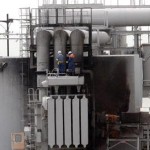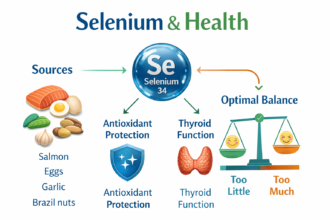Bacterial colonies could replace chemical factories
A group of researchers conducted by Harvard geneticist, Dr. George Church, from Wyss Institute for Biologically Inspired Engineering and Harvard Medical School (HMS) have made substantial steps in the field of synthetic biology to the degree that in the future; engineered bacteria would be the primary option for the valuable chemicals to be produced. The idea of controlling bacteria to synthesize important chemicals is not a new idea; however, the discoveries of this team recommend a 30-fold rise in the production and commitments of chemicals a production of the time allowed for or taken by a process that is 1000-fold faster compared to the present procedures.
In this procedure, the required chemical product was made critical to the survival of bacteria by adjusting their DNA, such that the ability of microbes to grow in the presence of a chemical in genes are only operated in the existence of chemicals like the required chemical product. This adaptation brings any low production in chemical to be destroyed in large numbers by antibiotics. Therefore, the most fruitful cells produce enough of the chemical to be immune to the antibiotics and still live in order to progress. While each are still on progress, the bacteria assembles more required chemical and uses the concept of “survival of the fittest” to overpower the fragile producing cells.
L. Iyer
Bacterial colonies could replace chemical factories





